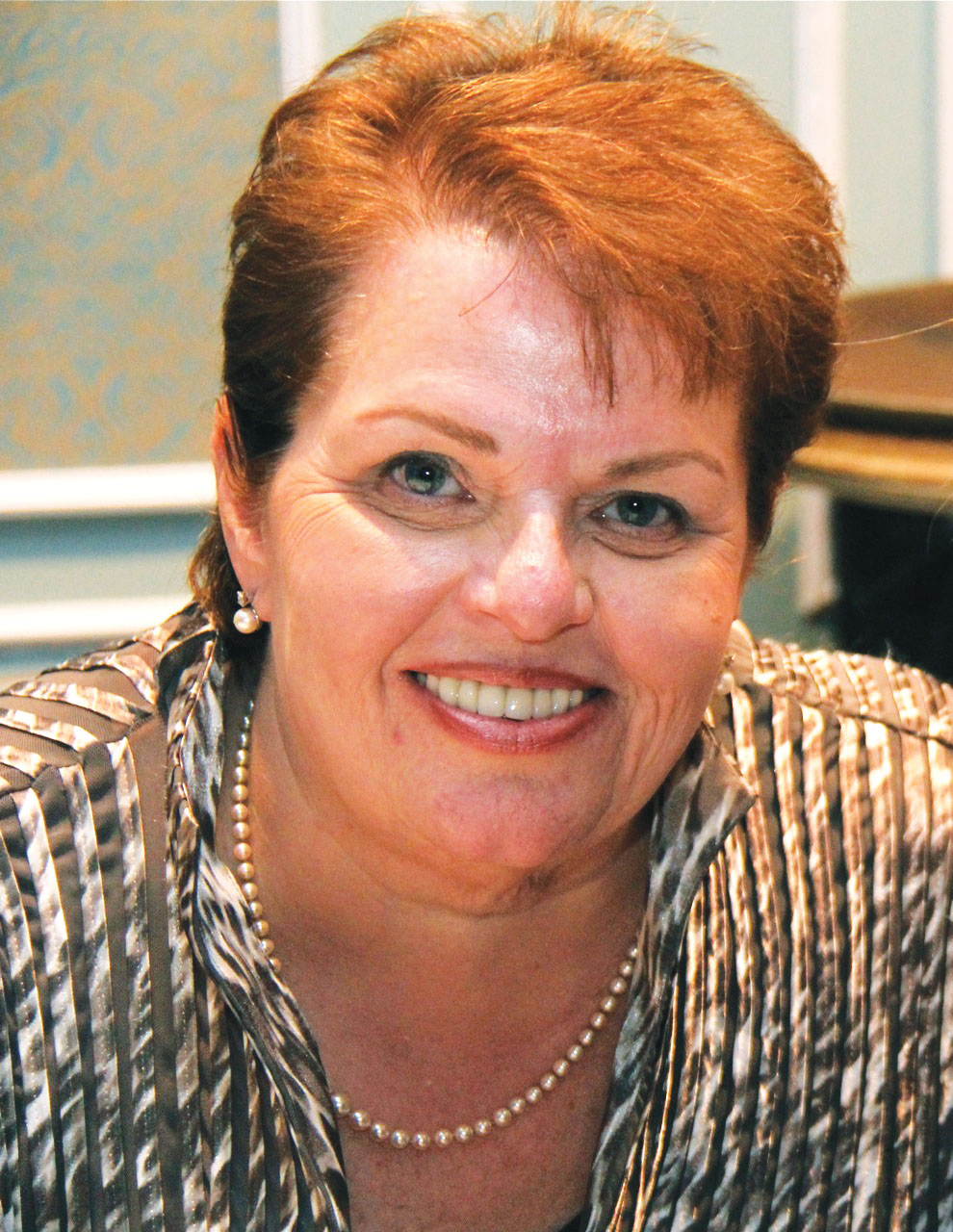ONS Members See Beyond Barriers and Understand Benefits of Guidelines
I am a clinician in my heart and soul. I was an ONS charter member and one of the first nurse practitioners (NPs) at Memorial Sloan Kettering Cancer Center in New York, NY, before any NP laws were in place and before colony-stimulating factors. The inability to prevent death secondary to chemotherapy-induced neutropenia (CIN) and febrile neutropenia (FN) haunted me and led me to conduct several funded studies.

In 2010, I assessed whether my ONS colleagues were aware of and used the National Comprehensive Cancer Network (NCCN) clinical practice guidelines for CIN and FN, which are common but potentially life-threatening (https://doi.org/10.1188/10.ONF.765-773) adverse events associated with many chemotherapy agents. The participants were older than the average ONS member at the time, with higher levels of education. Almost half were master’s prepared, and the majority worked in community oncology settings.
Respondents knew the importance of clinical practice guidelines and that they were crucial to positive CIN and FN patient outcomes. They did not report major barriers to use. However, about half reported that they did not use the guidelines because it was not their decision, and 11 respondents reported that physicians were the main barrier (https://doi.org/10.1188/10.ONF.765-773) to guideline implementation.
Most oncology practices now use algorithms in electronic health records that include clinical practice guidelines for treatments and supportive medications, such as granulocyte-colony-stimulating factors for CIN and FN based on levels of treatment-related risks (https://doi.org/10.1200/JCO.2000.18.16.3038). My study predated the National Academy of Medicine’s Future of Nursing report (https://doi.org/10.17226/12956), which promoted that nurses make decisions based on their scope of practice. Perhaps that removed some barriers to implementing clinical practice guidelines, but I don’t think that was the case during my study.
I used the Theory of Planned Behavior (https://doi.org/10.1016/0749-5978(91)90020-T) as the study’s framework because it best measured the factors that influenced participants’ behavior when using guidelines:
- Perceived behavioral control
- Social norms
- Attitudes and perceived confidence or competency
- Barriers and facilitators in using NCCN guidelines
Oncology nurses and physicians can use the Eastern Cooperative Oncology Group (https://doi.org/10.1634/theoncologist.2018-0882) (ECOG) performance status when their clinical recommendations differ. Status is not a clinical practice guideline but rather a scale that directs clinical decisions by gauging cancer morbidity, mortality, and complications from chemotherapy. The evidence shows that nurses better predict clinical outcomes (https://doi.org/10.1634/theoncologist.2018-0882) with ECOG compared to physicians.
When facing conflict, both nurses and physicians most often choose to compromise (https://doi.org/10.1097/01.NAQ.0000278938.57115.75). Effective physician-NP comanagement (https://doi.org/10.1370/afm.2230) is dependent on nurse practice laws and scopes of practice in individual states, and it requires clear communication, mutual respect and trust, and clinical alignment or shared philosophy of care.
I advise oncology nurses to understand the evidence behind clinical practice guidelines. Don’t back down if you think implementing guidelines would best help patients, but remember to prioritize patient needs, adhere to final decisions, and adjust future care accordingly.
